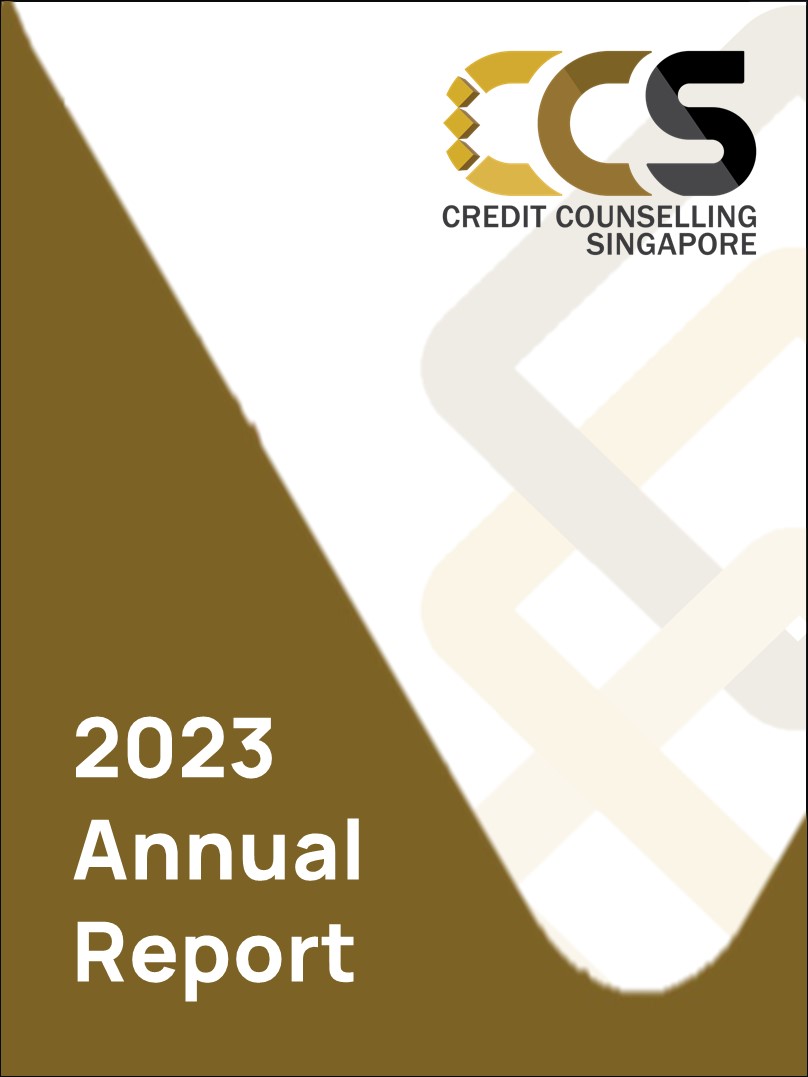Exactly How Credit Counselling Services - EDUdebt Provide Tailored Solutions for Financial Success
Exactly How Credit Counselling Services - EDUdebt Provide Tailored Solutions for Financial Success
Blog Article
Comprehensive Overview to Effective Credit Scores Coaching Techniques for Sustainable Financial Health
Browsing the complexities of individual money can be an overwhelming task for lots of people seeking to achieve sustainable monetary health. The realm of credit coaching stands as a beacon of advice in this complex landscape, offering tailored techniques to empower individuals in the direction of better financial outcomes. From understanding credit history to grasping financial obligation monitoring strategies, a detailed method is essential. Join us as we decipher the layers of efficient credit score counselling methods created to pave the means for a much more thriving and secure monetary future.
Recognizing Credit Report
Comprehending the value of credit history is essential for handling individual finances successfully. A credit scores score is a mathematical depiction of an individual's credit reliability, suggesting to loan providers the level of danger associated with extending credit to that individual. It is a critical aspect that influences the rates of interest used on lendings, bank card authorizations, and even rental applications.

Keeping track of one's credit rating routinely can help determine discrepancies or illegal activities that might negatively impact their economic wellness. By comprehending credit rating and the behaviors that affect them, individuals can make enlightened monetary decisions, develop a positive credit rating, and job in the direction of achieving their lasting monetary objectives.
Budgeting and Expense Monitoring
Developing a detailed budgeting plan and carefully tracking expenditures are fundamental methods for individuals striving to obtain economic stability and control over their financial resources. A budget serves as a roadmap, laying out earnings sources, taken care of costs like rental fee or lending repayments, variable expenditures such as grocery stores and entertainment, and financial savings objectives. By developing a budget, people get a clear understanding of their monetary standing and can make informed choices on costs and saving behaviors.
Expenditure tracking enhances budgeting by providing a detailed account of where money is being spent. This process involves taping all expenditures, whether small or huge, to determine locations where investing can be maximized or lowered. Using devices like budgeting applications or spread sheets can streamline expenditure monitoring and offer understandings into investing patterns with time.
Through regular budgeting and expense tracking, individuals can proactively manage their financial resources, avoid overspending, and job in the direction of accomplishing their financial objectives. These practices promote accountability and equip individuals to make critical financial choices that align with their lasting purposes.
Debt Administration and Consolidation
Having established a solid structure with budgeting and expenditure monitoring, the next vital action in the direction of achieving monetary health involves efficient financial obligation administration and combination methods. Debt monitoring is the process of producing an organized strategy to settle debts in a prompt fashion, while debt loan consolidation entails incorporating numerous debts right into a solitary payment, frequently with a lower rate of interest.
One trick method in debt monitoring is prioritizing financial obligations based upon interest rates and amounts owed. By paying off high-interest debts initially, individuals can web link lower the general interest paid gradually. Additionally, negotiating with lenders for lower rates of interest or setting up a convenient payment plan can aid people remain on track with their financial debt repayment.
Financial obligation debt consolidation can streamline the repayment process by combining numerous debts into a solitary monthly settlement. This can make it less complicated to track and take care of debts, possibly reducing month-to-month payments and general rate of interest costs. Nevertheless, it is vital to thoroughly think about the regards to the consolidation funding to guarantee it is absolutely useful in the future. By applying efficient financial debt management and debt consolidation approaches, individuals can function towards lowering their financial debt problem and attaining higher financial stability.

Debt Building Techniques
Furthermore, maintaining credit score application reduced, ideally below 30% of the total credit rating limitation, shows liable credit history administration. Routinely keeping an eye on credit history reports for inaccuracies and mistakes is also crucial, as dealing with these issues can protect against unfavorable impacts on credit history scores. An additional technique is to come to be an authorized user on somebody else's credit history account, benefiting from their positive debt history.
Financial Education And Learning and Planning
To further strengthen their economic structure, individuals can boost their credit-building development by acquiring thorough monetary education and learning and developing a page calculated planning framework. Financial education and learning plays a vital function in encouraging individuals to make informed choices regarding their cash monitoring. By comprehending vital monetary ideas such as budgeting, saving, spending, and financial debt monitoring, individuals can navigate the intricacies of individual financing better.
Additionally, critical economic planning is crucial for setting and accomplishing long-term economic goals. Developing a thorough financial strategy that describes revenue sources, expenditures, savings targets, and investment techniques can assist people remain organized and focused on their financial purposes. Consistently reviewing and adjusting this strategy in reaction to adjustments in revenue, expenditures, or economic objectives is also vital to ensure its effectiveness.
Conclusion
In conclusion, effective credit score therapy methods are essential for accomplishing sustainable financial wellness. By recognizing credit history ratings, budgeting, handling debt, building credit rating, and monetary education, people can enhance their economic health and wellness and make notified choices.

Furthermore, maintaining credit report application reduced, ideally below 30% of the total credit score restriction, demonstrates responsible credit rating monitoring. By comprehending credit report ratings, budgeting, taking care of debt, building credit, and financial education, people can boost their financial health and wellness and make educated choices.
Report this page